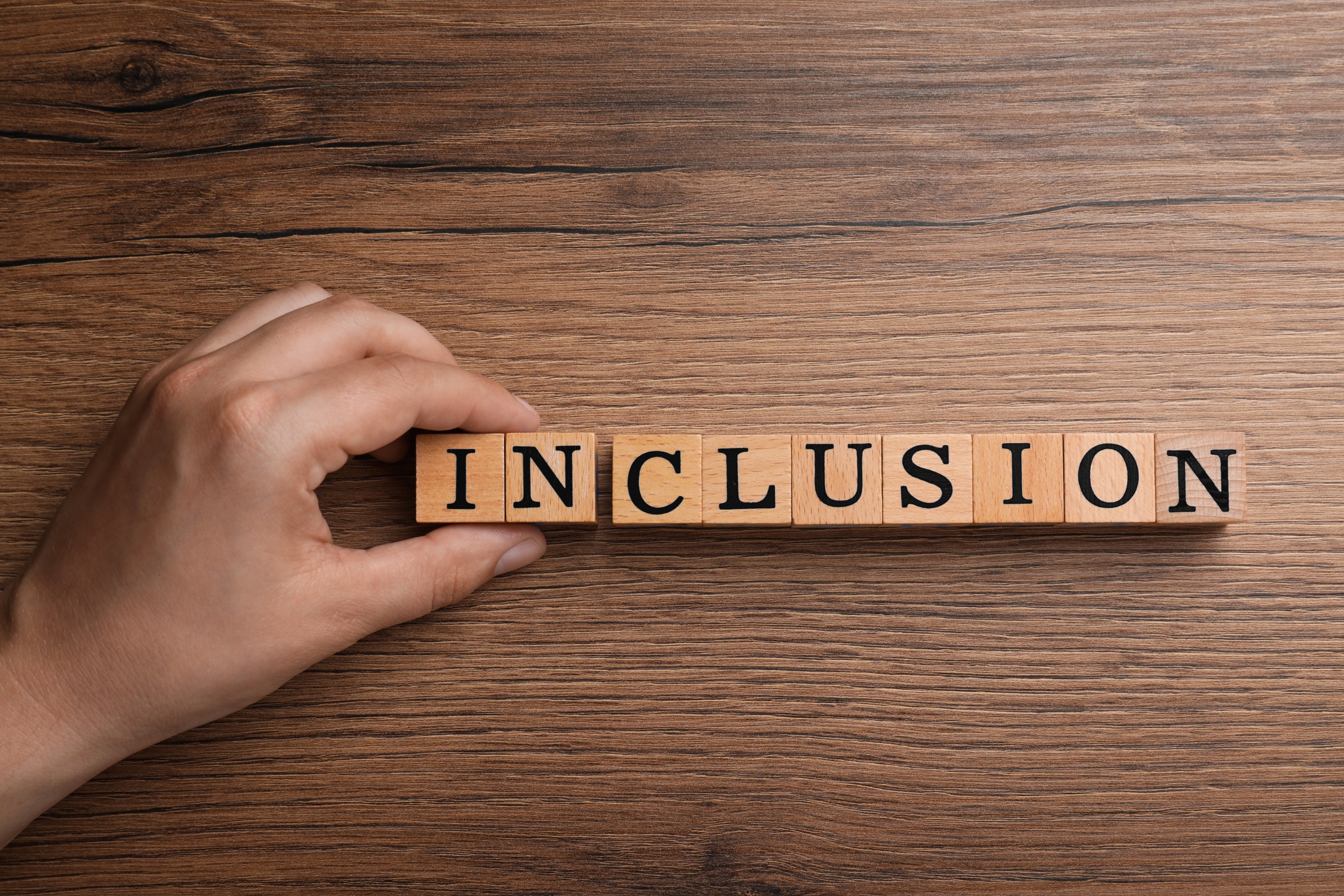Making innovation purpose-fit for an inclusive and accessible world

With the recently unveiled Forward Singapore 2023 report, the emphasis on the need for mutual support and assurance, transitioning from “social assistance” to “social empowerment” has never been stronger. This article summarises the nation’s strategy in building a more inclusive Singapore including those less fortunate and those with disabilities.
Disability is all around us. According to the World Health Organisation (WHO), an estimated 1.3 billion people – or 16% of the global population – experience a significant disability today.
One of the often-overlooked communities is Persons with Intellectual Disabilities (PWIDs) – otherwise known as the “invisible disability”. Oftentimes, this group encounters multifaceted challenges in areas such as education, employment, healthcare, and social inclusion. As PWIDs graduate and transition from special education schools to enter the working world, they often find themselves with limited opportunities and are at higher risk of social isolation.
The rise of assistive technologies and applications has helped break down barriers for those with various disabilities, allowing them to better communicate and complete tasks on their own. For PWIDs, technological innovations can also play a pivotal role in driving inclusivity and enabling them to overcome social challenges. However, the process of designing such solutions requires a thoughtful, purposeful approach.
The role of empathy in building an inclusive society
Empathy is the cornerstone of fostering an inclusive mindset needed to provide tailored support for PWIDs and the challenges they face. From understanding the unique experiences and needs of PWIDs, to dispelling stereotypes and biases, empathy enables us to design and develop solutions that focus on capabilities and strengths, rather than define individuals by their disabilities.
Community efforts serve as essential touchpoints for members of the public to foster understanding and empathy. Such platforms can offer the public a chance to interact more with the PWID community and gain a better understanding of their unseen challenges and needs, thereby designing more innovative solutions for the PWIDs.
Purpose-fit Innovation
These innovative solutions need to be tailored to meet a specific objective in mind, such as breaking down physical, cognitive, and communication barriers to empower PWIDs to live their day-to-day lives independently and with ease. An effective way of doing so is to gather insights from the affected communities and their caregivers, ensuring that the solutions meet real-world needs.
Tailoring solutions with empathy and a deep understanding of PWIDs’ needs can break down barriers and greatly improve accessibility. For example, National Library Board (NLB)’s Punggol Regional Library showcases the success of consulting advisory committees of people with disabilities from the planning stages. From calm pods for those with sensory disabilities to catalogue stations that have been fitted with assistive technologies, the entire space is built with accessibility in mind.
On a separate occasion, MINDS, in collaboration with SMRT, also co-designed the Woodlands Integrated Transport Hub, the first Inclusive Transport Hub in Singapore, ensuring seamless access and navigation for PWIDs.
Partnerships for good
While governments have significant resources and capabilities, organisations often have specialised knowledge, skills, and experience in specific areas and can provide additional resources, both human and financial, to complement government efforts in creating a more inclusive, accessible society for PWIDs.
That is why Dell Technologies partnered with MINDS – an organisation which brings a deep understanding of the specific needs, challenges, and aspirations of people with disabilities, specifically intellectual disabilities – to launch the inaugural InnovateFest, an inter-tertiary school competition that aims to empower the next generation of technologists to develop innovative solutions that drive human progress in Singapore.
While Dell provided the competition’s student participants with the necessary tech knowledge and resources, MINDS’s expertise stemmed from direct engagement with the community, resulting in a nuanced perspective that is invaluable when tailoring solutions to help address real-world issues and support the disability community.
The theme of InnovateFest, which took place in September this year, focused on social responsibility and pushed students to build solutions to improve the lives of PWIDs in Singapore, resulting in innovations like SportyBuddies and FoodFriend, addressing the specific needs of PWIDs.
Partnerships create a bridge between the public and private sectors, facilitating the exchange of ideas, resources, and strategies. These challenges demonstrate how corporates and non-profits can collaborate to encourage innovation for the greater good.
The way forward
Technology holds the potential to revolutionise the lives of PWIDs, improving accessibility, creating new opportunities, and promoting independence. Achieving this potential requires a collective effort from all stakeholders: the government, businesses, and non-profit organisations.
By fostering empathy, purpose-fit innovation, and partnerships for good, Singapore can truly move forward in line with our government’s ambition – to pave the way for an inclusive society where all individuals, regardless of ability, can thrive and contribute meaningfully to the community.
About the authors: Dr Vimallan Manokara is Head of MINDS Institute and Andy Sim is Vice-President and Managing Director, Singapore, Dell Technologies



